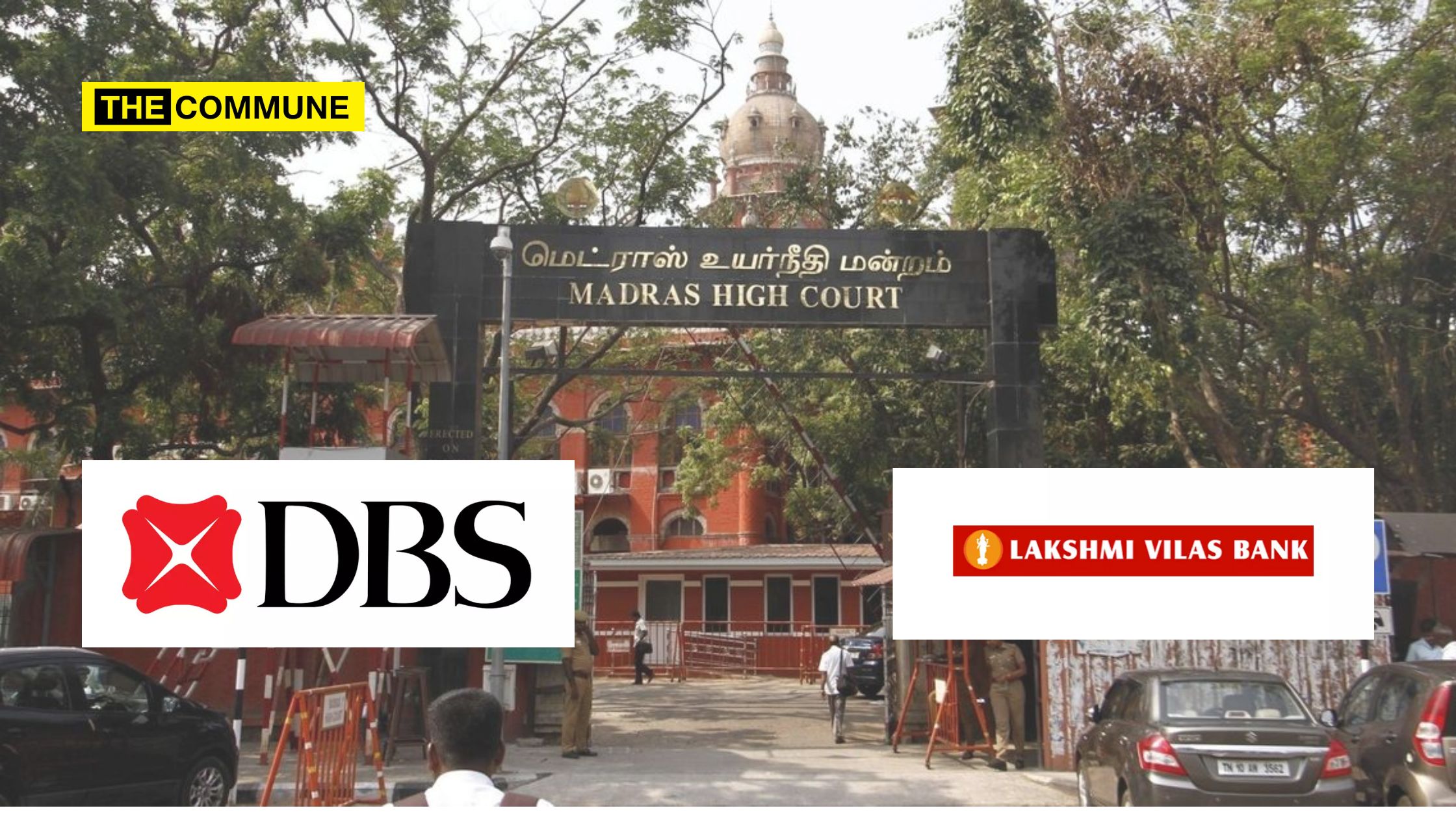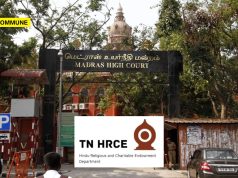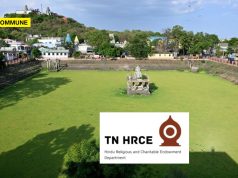
In a significant development, the Madras High Court has pronounced its final verdict on a batch of cases challenging the merger between Lakshmi Vilas Bank (LVB) and DBS Bank India Limited (DBIL). The petitioner, Aum Capital Private Limited, represented by M/s. AKR & Associates filed a Writ Petition challenging ‘The Lakshmi Vilas Bank Ltd. (Amalgamation with DBS Bank India Limited) Scheme, 2020,‘ published by the Union of India, the Reserve Bank of India (RBI), and the erstwhile Lakshmi Vilas Bank Limited.
The core contention of the petitioner revolved around the alleged arbitrary actions of the RBI and the Union Government in forcing the amalgamation of Lakshmi Vilas Bank with DBIL and writing down the entire shareholding of the shareholders to “Zero.” This move, according to the petitioner, was made without just and cogent reasons and in stark contrast to accepted principles of valuation in the banking sector.
The saga began in September 2019 when the RBI placed Lakshmi Vilas Bank under Prompt Corrective Action. Subsequently, on November 17, 2020, the Union Government imposed a moratorium on Lakshmi Vilas Bank under Section 45(1) of the Banking Regulation Act, 1949. On the same day, the RBI proposed the draft scheme of amalgamation with DBS Bank India Limited. Within a mere three days, the RBI closed the window for filing objections against the proposed draft scheme, and on November 25, 2020, the RBI passed the scheme of amalgamation.
Senior advocates Arvind P. Datar and P.S. Raman, representing the petitioner, argued before the court that the RBI’s actions were clandestine and against the interest of depositors. They further highlighted flaws in the valuation exercise carried out by the RBI.
In its verdict, the Madras High Court acknowledged that the amalgamation had already taken effect four years back and deemed the situation irreversible. While recognizing flaws in the identification process of DBIL and the procedure of amalgamation, the court refrained from setting aside the amalgamation.
However, to safeguard the interests of shareholders and bondholders, the court directed the RBI to reevaluate the shares and assets of both DBIL and LVB as of the date before the amalgamation. This reevaluation would inform decisions regarding the reduction of share value and the writing off of tier-II bonds. The RBI was given a timeframe of four months to complete this exercise.
Legal counsels Ankur Kashyap, Ramaswamy Meyyappan, Rohit Rajershi, Arjun Suresh, and Viyyash Kumar appeared for Aum Capital Markets Pvt Ltd., representing the petitioner in the case.
This verdict marks a significant milestone in the ongoing legal battle surrounding the LVB-DBIL merger, reflecting the judiciary’s commitment to upholding fairness and transparency in financial matters.
Subscribe to our channels on Telegram, WhatsApp, and Instagram and get the best stories of the day delivered to you personally.




